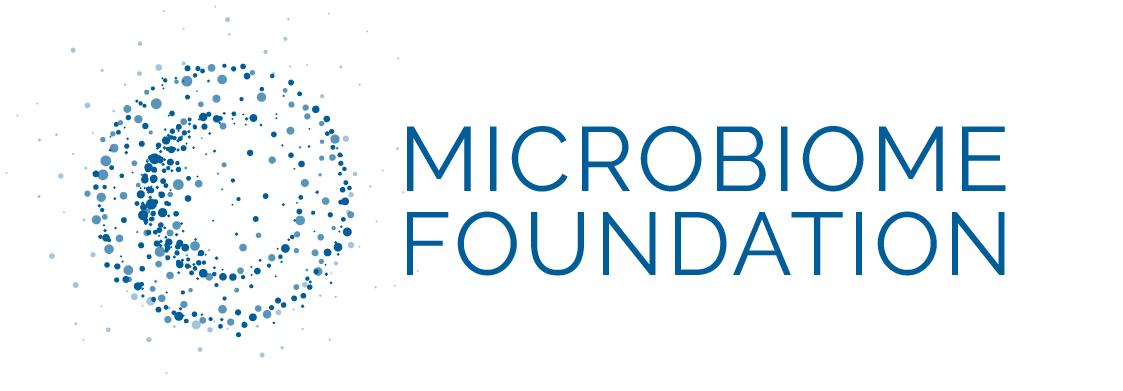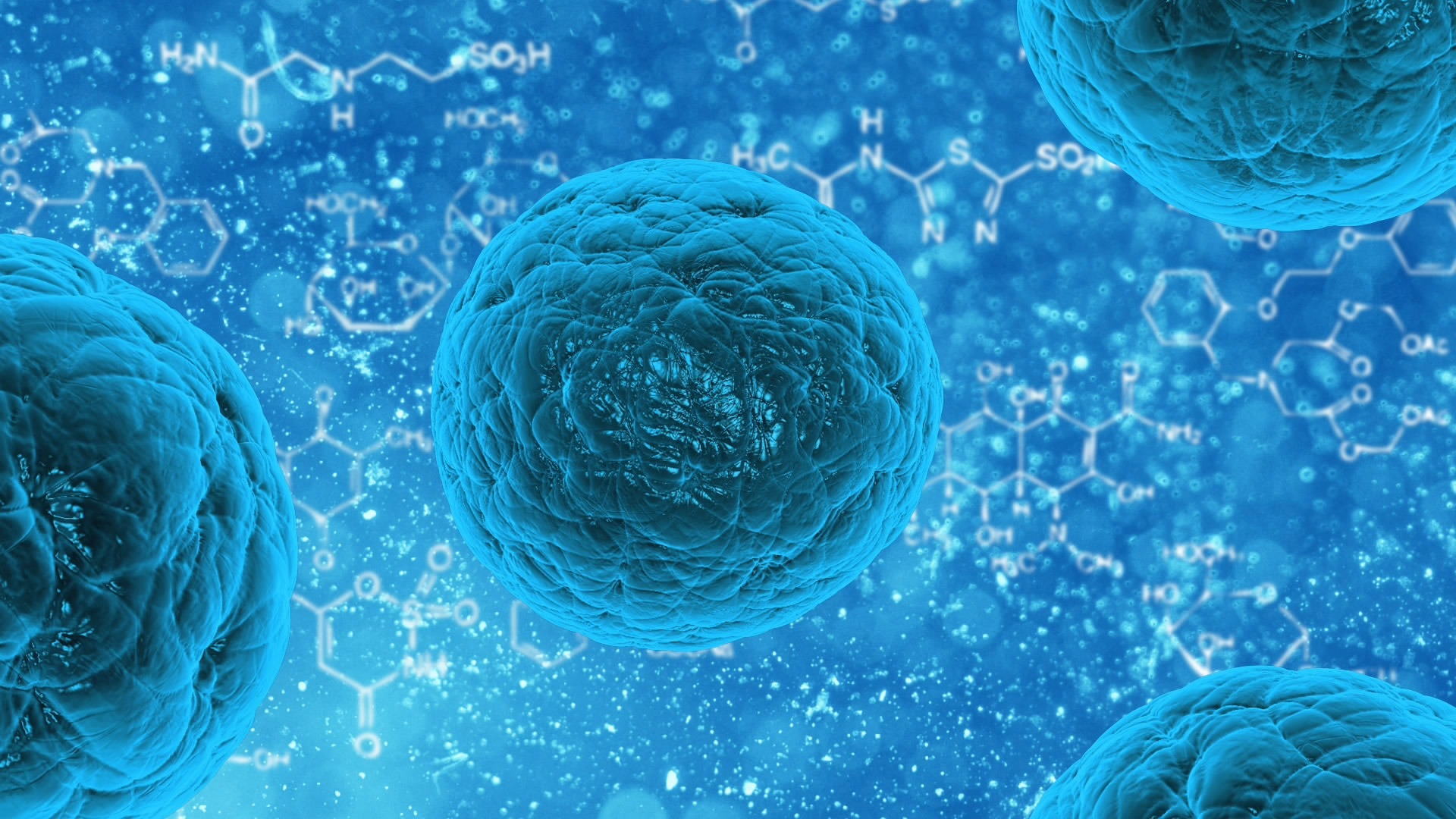For several years, research teams have been exploring the possible link between the gut microbiota and anxio-depressive disorders, neurodegenerative diseases (Alzheimer’s and Parkinson’s disease, for example) and autism spectrum disorders (ASD). The latter are characterized by cognitive impairment and deficits in social interaction and associated with stereotypies (repetitive movements aimed at avoidance or self-stimulation).1,2 While the risk factors for developing ASD are currently unknown, some studies have shown a significant association between ASD and intestinal disorders.3–5 In fact, studies carried out on patients with ASD have shown that abdominal pain caused by functional digestive disorders (increased intestinal permeability can, for example, encourage the passage of bacterial products) can exacerbate certain autistic disorders (self-injury and tantrums)6. These studies thus seem to suggest that treating these functional digestive disorders could potentially relieve the severity of symptoms associated with ASD.
Changes in the composition of the gut microbiota (dysbiosis) have also been observed in patients. This pathology is characterized by an increase in certain species of bacteria that are present naturally in the intestines, including Clostridium sp., Bacteroidetes, Lactobacillus and Desulfovibrio, and a decrease in Bifidobacteria.7,8 Treatments targeting the gut microbiota have shown striking beneficial effects on the symptoms of ASD in experimental animal models>.9 The probiotic strain Bifidobacterium infantis seems to demonstrate a certain efficacy in treating both behavioral problems and gastrointestinal disorders.9 The mechanism of action of this probiotic strain is still poorly understood. However, it seems to have antioxidant properties that enable a reduction in the cellular stress characteristic of this disease.10 Another probiotic strain, Bacteroides fragilis, also seems to be effective in correcting intestinal permeability and changes in the intestinal composition seen in an animal model of ASD. This probiotic strain also seems to improve deficits in social interactions, stereotypies, and anxious and sensory-motor behaviors in mice.11 Equally strikingly, in 2017, Kang and his collaborators published a study on a novel microbiota transfer therapy administered for 10 weeks in patients with ASD. In these patients, they observed an 80% reduction in gastrointestinal symptoms and a slight (but real!) improvement in the symptoms specific to ASD associated with changes in the composition of the gut microbiota.12 Two years later, these patients demonstrate a persistent modification in the gut microbiota (Bifidobacteria and Prevotella), which seems to be beneficial insofar as it is associated with an improvement in autistic symptoms following the end of treatment.13 Still more recently, an American team demonstrated that mice that receive the gut microbiota of patients suffering from ASD presented a set of symptoms specific to the disease and could even transmit them to their offspring. The production of bacterial metabolites in the intestines that act on the brain (and thus on behavior) seems to be a potential mechanism of action involved in the pathophysiology of ASD.14
Despite this significant progress concerning the involvement of the gut microbiota in the pathophysiology of ASD, further studies are necessary and essential to evaluate the underlying mechanisms of the probiotics Bacteroides fragilis and Bifidobacterium infantis and microbiota transfer with a view to developing innovative therapies in connection with the gut microbiota.
Bibliography
- Constantino, J. N., Przybeck, T., Friesen, D. & Todd, R. D. Reciprocal social behavior in children with and without pervasive developmental disorders. J. Dev. Behav. Pediatr. JDBP 21, 2–11 (2000).
- Kim, S. H. & Lord, C. New Autism Diagnostic Interview-Revised Algorithms for Toddlers and Young Preschoolers from 12 to 47 Months of Age. J. Autism Dev. Disord. 42, 82–93 (2012).
- Wang, L. W., Tancredi, D. J. & Thomas, D. W. The Prevalence of Gastrointestinal Problems in Children Across the United States With Autism Spectrum Disorders From Families With Multiple Affected Members. J. Dev. Behav. Pediatr. 32, 351–360 (2011).
- Campbell, D. B. et al. Distinct genetic risk based on association of MET in families with co-occurring autism and gastrointestinal conditions. Pediatrics 123, 1018–1024 (2009).
- Jackson, P. B. et al. Further evidence that the rs1858830 C variant in the promoter region of the MET gene is associated with autistic disorder. Autism Res. 2, 232–236 (2009).
- Carr, E. G. & Owen-DeSchryver, J. S. Physical Illness, Pain, and Problem Behavior in Minimally Verbal People with Developmental Disabilities. J. Autism Dev. Disord. 37, 413–424 (2007).
- Song, Y., Liu, C. & Finegold, S. M. Real-Time PCR Quantitation of Clostridia in Feces of Autistic Children. Appl. Environ. Microbiol. 70, 6459–6465 (2004).
- Adams, J. B., Johansen, L. J., Powell, L. D., Quig, D. & Rubin, R. A. Gastrointestinal flora and gastrointestinal status in children with autism — comparisons to typical children and correlation with autism severity. BMC Gastroenterol. 11, 22 (2011).
- Desbonnet, L. et al. Effects of the probiotic Bifidobacterium infantis in the maternal separation model of depression. Neuroscience 170, 1179–1188 (2010).
- Yui, K., Kawasaki, Y. & Ogawa, H. Y. and S. Oxidative Stress and Nitric Oxide in Autism Spectrum Disorder and Other Neuropsychiatric Disorders. CNS & Neurological Disorders – Drug Targets (2016). Available at: http://www.eurekaselect.com/141208/article. (Accessed: 21st February 2019)
- Hsiao, E. Y. et al. Microbiota modulate behavioral and physiological abnormalities associated with neurodevelopmental disorders. Cell 155, 1451–1463 (2013).
- Kang, D.-W. et al. Microbiota Transfer Therapy alters gut ecosystem and improves gastrointestinal and autism symptoms: an open-label study. Microbiome 5, 10 (2017).
- Kang, D.-W. et al. Long-term benefit of Microbiota Transfer Therapy on autism symptoms and gut microbiota. Sci. Rep. 9, 5821 (2019).
- Sharon, G. et al. Human Gut Microbiota from Autism Spectrum Disorder Promote Behavioral Symptoms in Mice. Cell 177, 1600-1618.e17 (2019).



